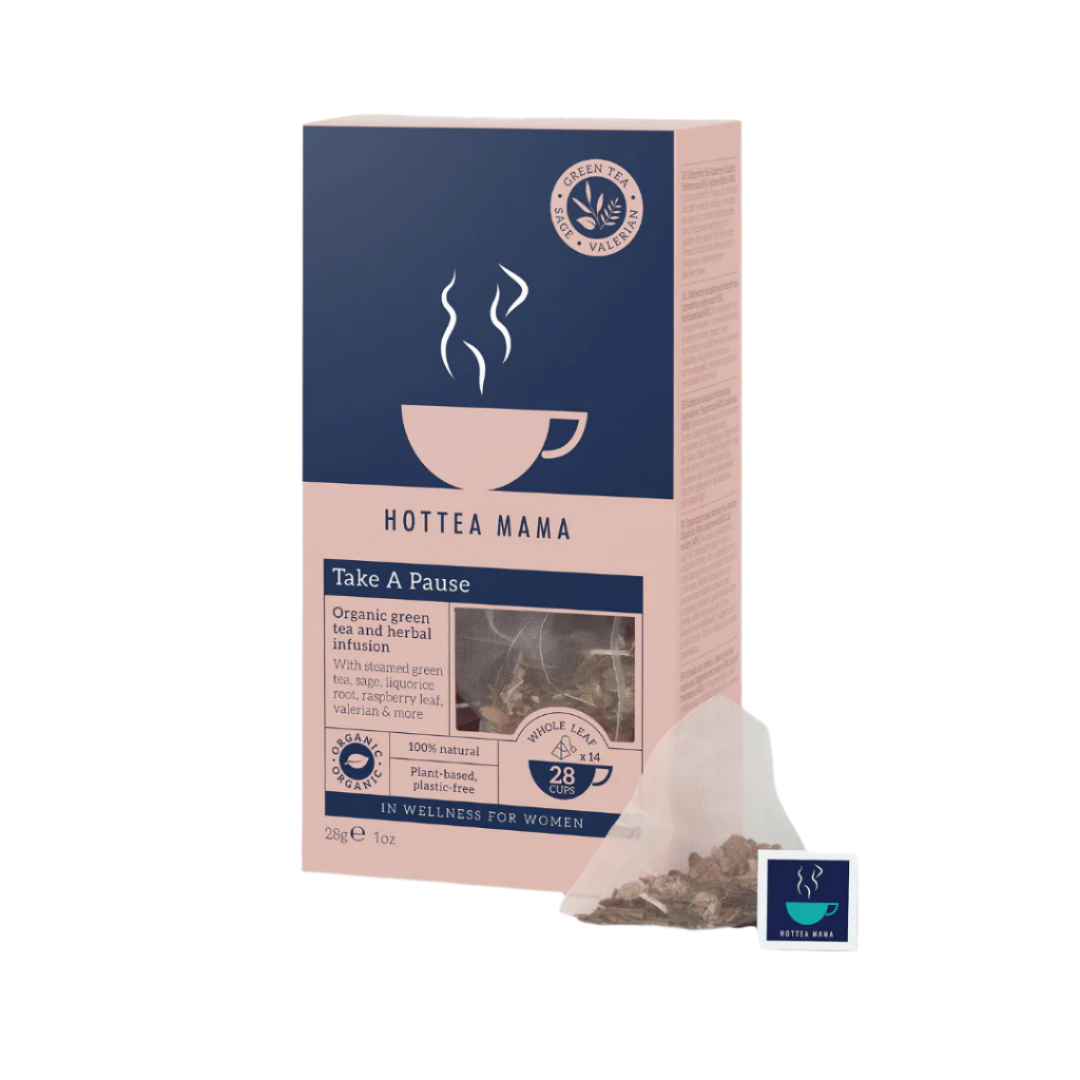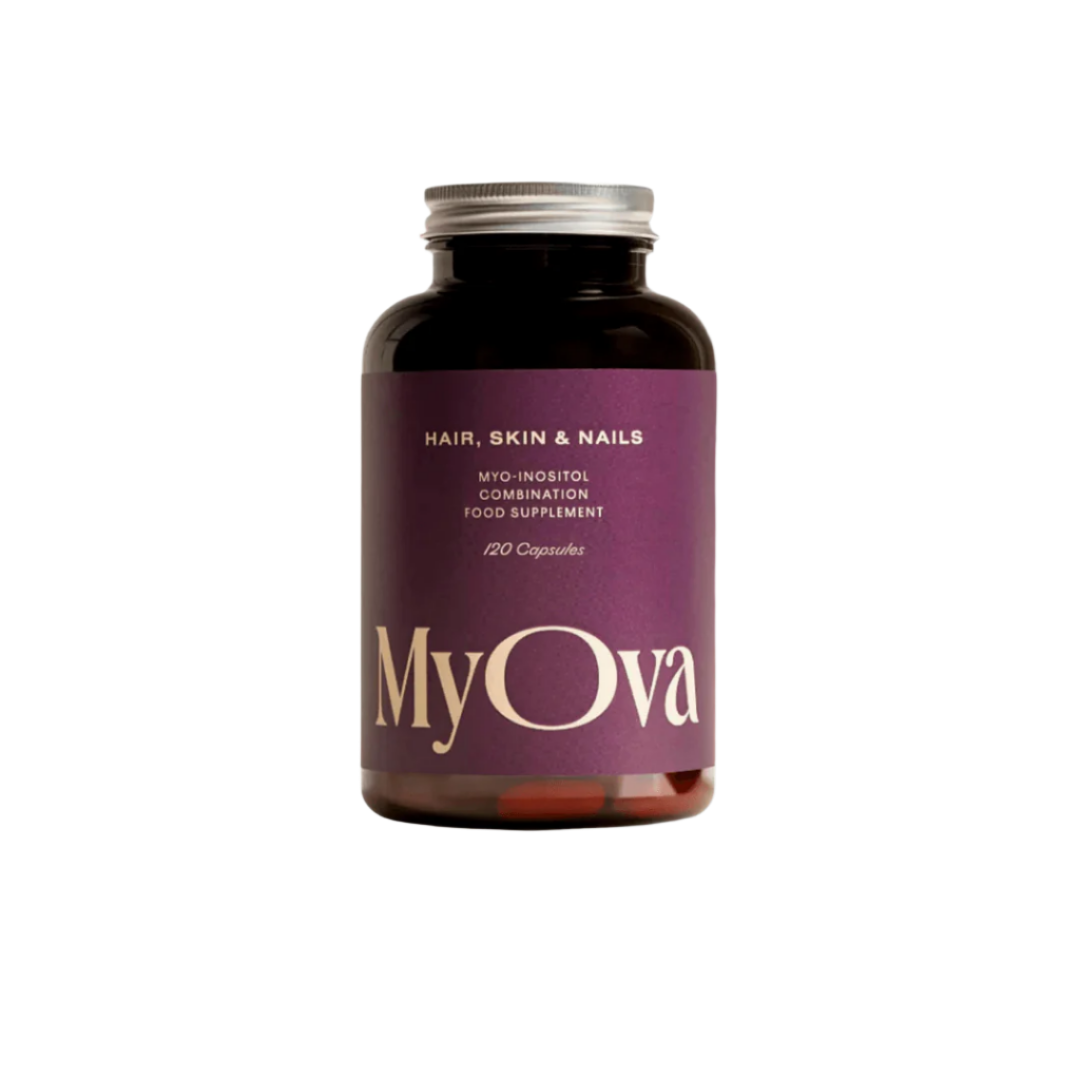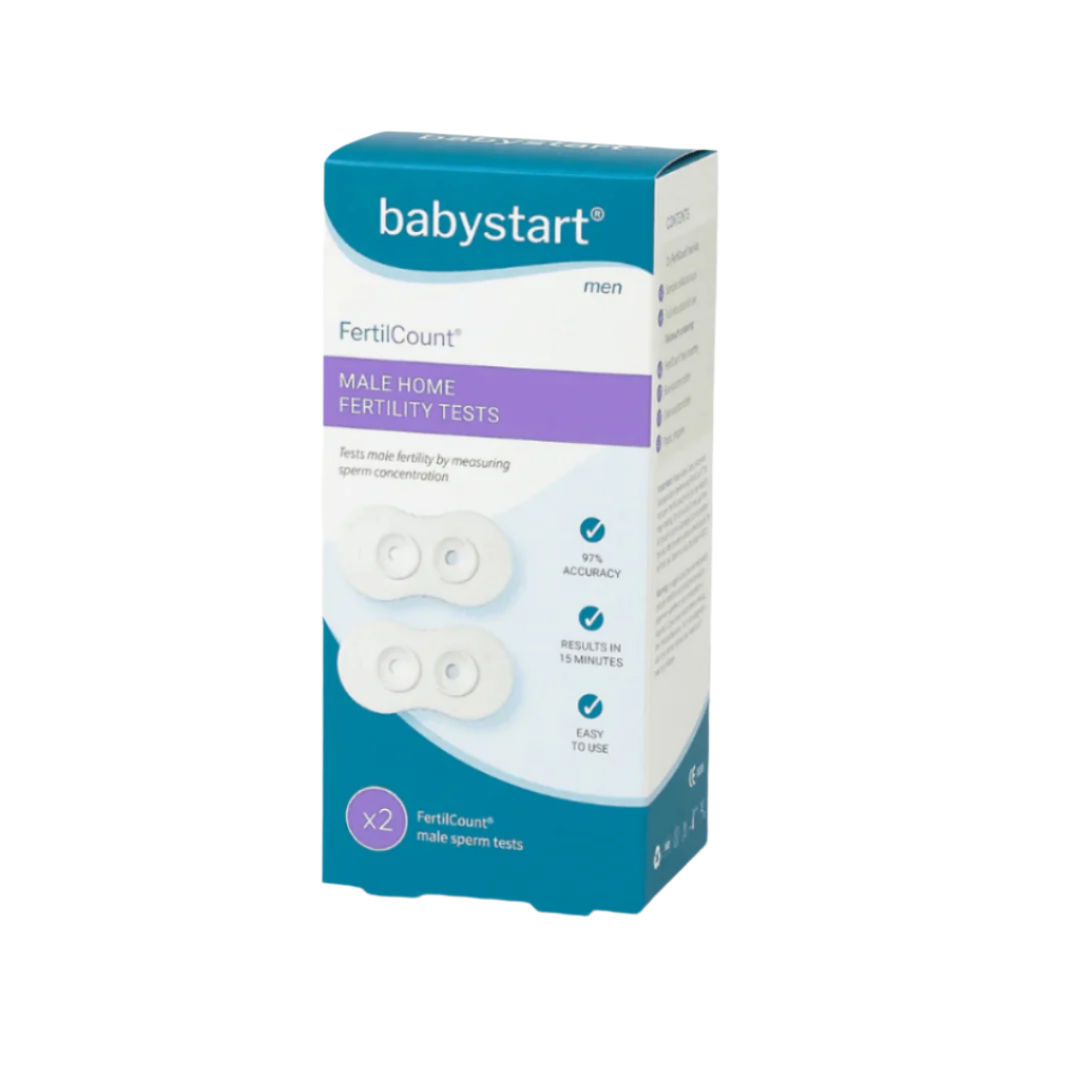In "Foods to Improve Your Menopause Symptoms," Julie Gough, a qualified nutritionist with expertise in women's health at Femme, provides insights on managing menopause through diet. With environmental factors contributing to hormonal imbalances, menopause symptoms like hot flushes and fatigue can be challenging. Julie suggests a natural approach, emphasising cruciferous vegetables for liver support, and explains the benefits of phytooestrogenic foods. She delves into the three main groups of phytoestrogens, explores gut health's impact on hormone balance, and recommends a Mediterranean diet. Julie's expertise offers valuable guidance for women navigating menopause naturally. Thank you, Julie, for your insightful contributions!
Foods to improve your menopause symptoms by Julie Gough, a qualified nutritionist specialising in female health.
Your diet can be a powerful tool in managing hormone levels during your transition into menopause and beyond. It seems even more so these days, as we are now commonly exposed to xeno-oestrogens through our environment such as herbicides and pesticides on food, traces of hormones in tap water and dairy products. There is also BPA in plastics, hormone disruptors in cleaning products, air fresheners and many more.
Menopause is a natural transition marking the end of a woman`s reproductive years and starts when menstruation has ceased for 12 months and the ovaries no longer produce estrogen and progesterone. The period prior to this is called peri-menopause and during this time there can be wild fluctuations in the levels of estrogen and progesterone. This decline and fluctuation in hormones can lead to unwanted and in some cases, debilitating symptoms such as hot flushes, night sweats, anxiety, brain fog, mood swings, fatigue, joint aches and pains and weight gain.
Estrogen is produced from the egg follicles and levels reduce as our egg cells deplete in quality and number. Progesterone is produced after the egg is released (ovulation) and also decreases as ovulation becomes less frequent.
Post menopause we still produce smaller quantities of estrogen from conversion of testosterone through a process called aromatase. However, this is a less potent form.
The adrenal glands are responsible for the production of cortisol, our survival hormone that is triggered during the stress response. Keeping stress levels under control is key to helping manage the transition through menopause and chronic or poorly managed stress can be a driver of menopause symptoms.
If HRT is not for you
Hormone replacement therapy (HRT) is the conventional treatment for menopause symptoms. However, what if you can`t take HRT due to risk factors or do not wish to take it?
The good news is that you can manage your menopause naturally and as this is also a critical time window for your long-term health due to the increased risk of cardiovascular disease and osteoporosis, it is a good time to really overhaul your diet and lifestyle and get to know your body and its signals.
For additional support, consider incorporating DR VEGAN MenoFriend®, a supplement formulated to help balance hormones and alleviate menopause symptoms naturally.
Venerable vegetables
A group of foods called cruciferous vegetables are leafy green vegetables such as broccoli, cauliflower, kale, cabbage sprout and spinach. These foods contain phytoestrogens. “Phyto” is a Greek word meaning plant and estrogenic being one of the female (and male) sex hormones.
They support the liver and improve phase ll detoxification as they contain all of the essential nutrients required for this process such as B12, folate and magnesium.
B vitamins and magnesium are also essential co- factors for hormone production and help us to maintain a healthy balance.
B vitamins are water soluble and so how you cook your vegetables is very important. Boiling results in a nutrient loss as the vitamins are released into the water which is generally then tipped away. Steaming will help to retain the vitamins in the foods.
In addition to this it is important to check where your vegetables have come from. It is best to buy these foods locally and when in season as these will contain the highest level of nutrients.
If they have been transported a long way they will have been picked before becoming ripe and we know that the nutrient content starts to reduce soon after picking or cutting. The foods ripen during the transit process and then are generally packed in plastic packaging (remember the xeno-estrogens?) and sat under bright supermarket lights causing further depletion of nutrients.
Clinical studies have shown that consuming more foods with phytoestrogenic properties can be a helpful alternative to HRT as when we eat these types of foods our bodies respond as if our own estrogen was present and this can have a balancing effect.
There are many types of phytoestrogens and they are categorised into 3 main groups:
- Lignans – flaxseeds are the richest source of lignans. dried fruit such as prunes, apricots and dates, grains such as rice, oats, barley, quinoa, wheat bran, cruciferous vegetables such as broccoli, cauliflower, nuts
- Isoflavones – spinach, legumes such as chickpeas, lentils, red kidney beans, soya beans edamame beans
- Coumarins – cabbage and Brussel sprouts and sprouting seeds such as alfalfa and mung beans.
Women in Eastern cultures such as Japan are often said to experience a lower incidence of menopause symptoms and a lower incidence of osteoporosis. It is believed that this is due to the soy content of the eastern diet but they also consume sea vegetables such as seaweed, kelp and nori. These contain essential minerals such as iodine which nourish glands like the thyroid, an essential organ for hormone balance along with regulating our metabolism, energy, appetite and digestion.
When other hormones start to become imbalanced the thyroid can be affected resulting, in some cases, in an under or over active thyroid. Symptoms of thyroid dysfunction can overlap the symptoms of menopause and so it is worth considering if it is worth testing this, especially if symptoms are unusual or do not respond to treatment.
Ageing
As we age our body systems are naturally slowing down, in particular our digestion and detoxification capabilities are reduced and these are linked directly to hormone imbalances.
Many women suffer from bloating, cramps and other IBS like symptoms during the perimenopause and menopause. There are friendly bacteria in your gut, and what you eat helps maintain them and keep harmful bacteria at bay. A healthy gut can improve your emotional wellbeing, increase production of the ‘happy hormone’ serotonin which is produced in the gut, reduce inflammation and improve your general health and wellbeing.
It is important that you support your digestion by increasing fibre and incorporating prebiotic and probiotic foods. Healthy gut bacteria is the key to good health and hormone balance. It can help with your energy levels, immune system and weight. Fibre includes fruit and vegetables, wholegrains, nuts and oats.
Prebiotics stimulate the growth of good bacteria, and these include garlic, onions, leeks, asparagus, chicory, ginger, cabbage, beetroot, bananas, blueberries, and apples.
Probiotic foods contain live bacteria and yeasts and may help restore the natural balance of gut bacteria. These include kefir, live yoghurt, kombucha, sauerkraut, kimchi and live apple cider vinegar.
Digestive issues such as constipation can lead to higher levels of beta-glucuronidase, an enzyme that is linked to estrogen reactivation that not only exacerbates hormone imbalances but has been linked to an increased risk for breast cancer.
Another group of foods called prokinetic foods increase gut motility (transit through the colon). Ginger is a natural prokinetic. Try adding chunks to smoothies, soups, casseroles, stir fries.
Emerging research has identified the best diet to relieve the symptoms of menopause is the Mediterranean diet. This is because it is rich in whole foods, low in carbohydrates, high in protein and fresh fruit and vegetables, healthy fats, and low in processed foods and sugars.
Checking Your Hormone Levels
If you are unsure whether you are entering menopause, the Menopause Test SILEX™ - Self Test provides a convenient way to check your hormonal status at home.
The information presented here is not a replacement for medical advice, it is based on scientific studies in humans and animals and clinical experience. You should consult your doctor if you have any existing health problems or are taking any prescribed medications before making any dietary and lifestyle changes.









